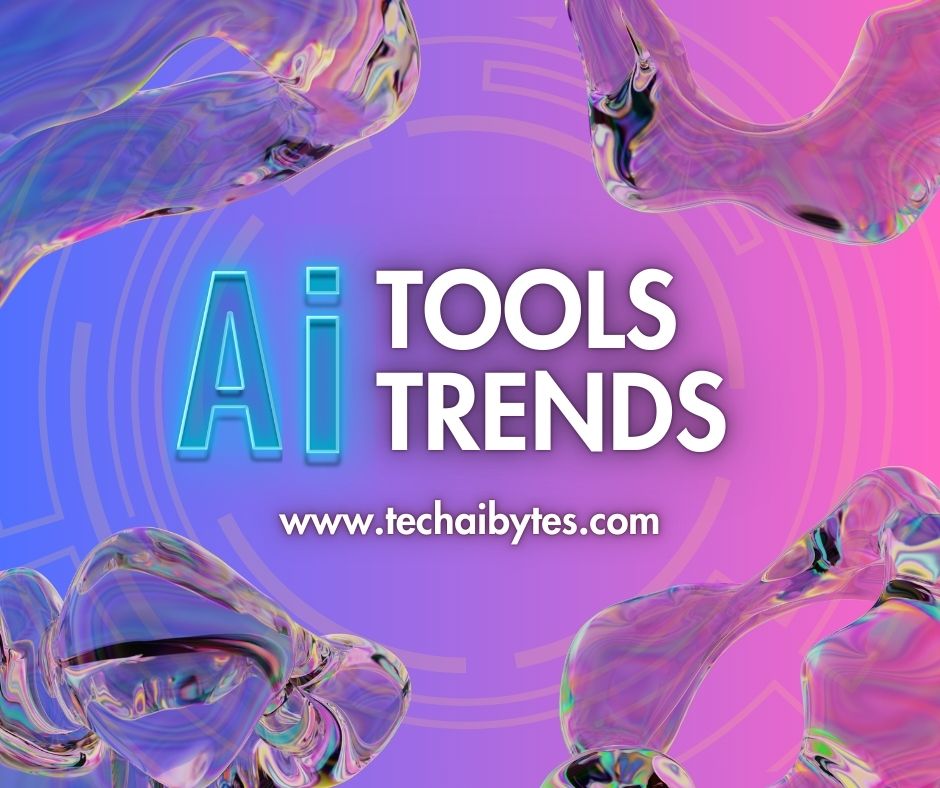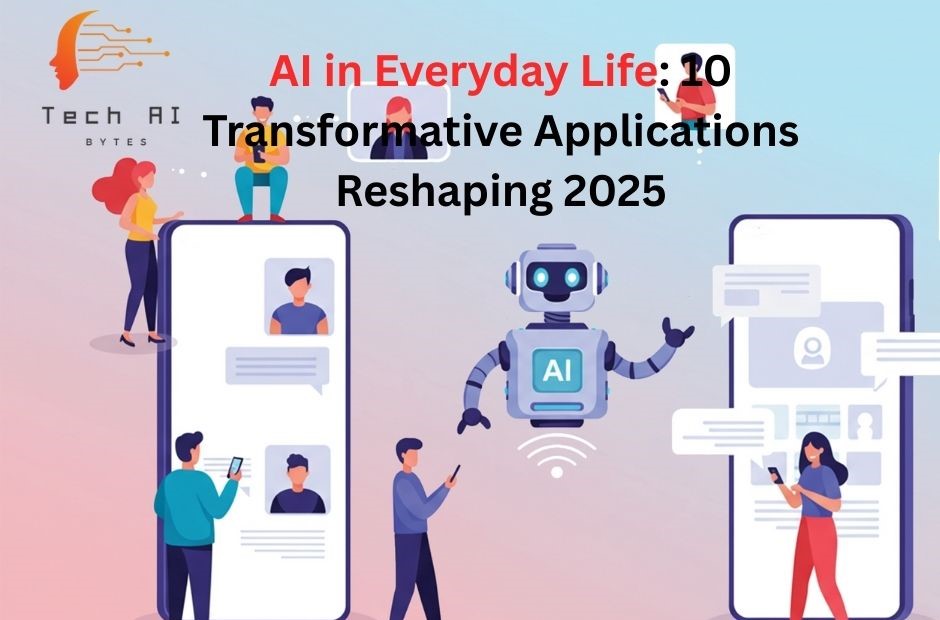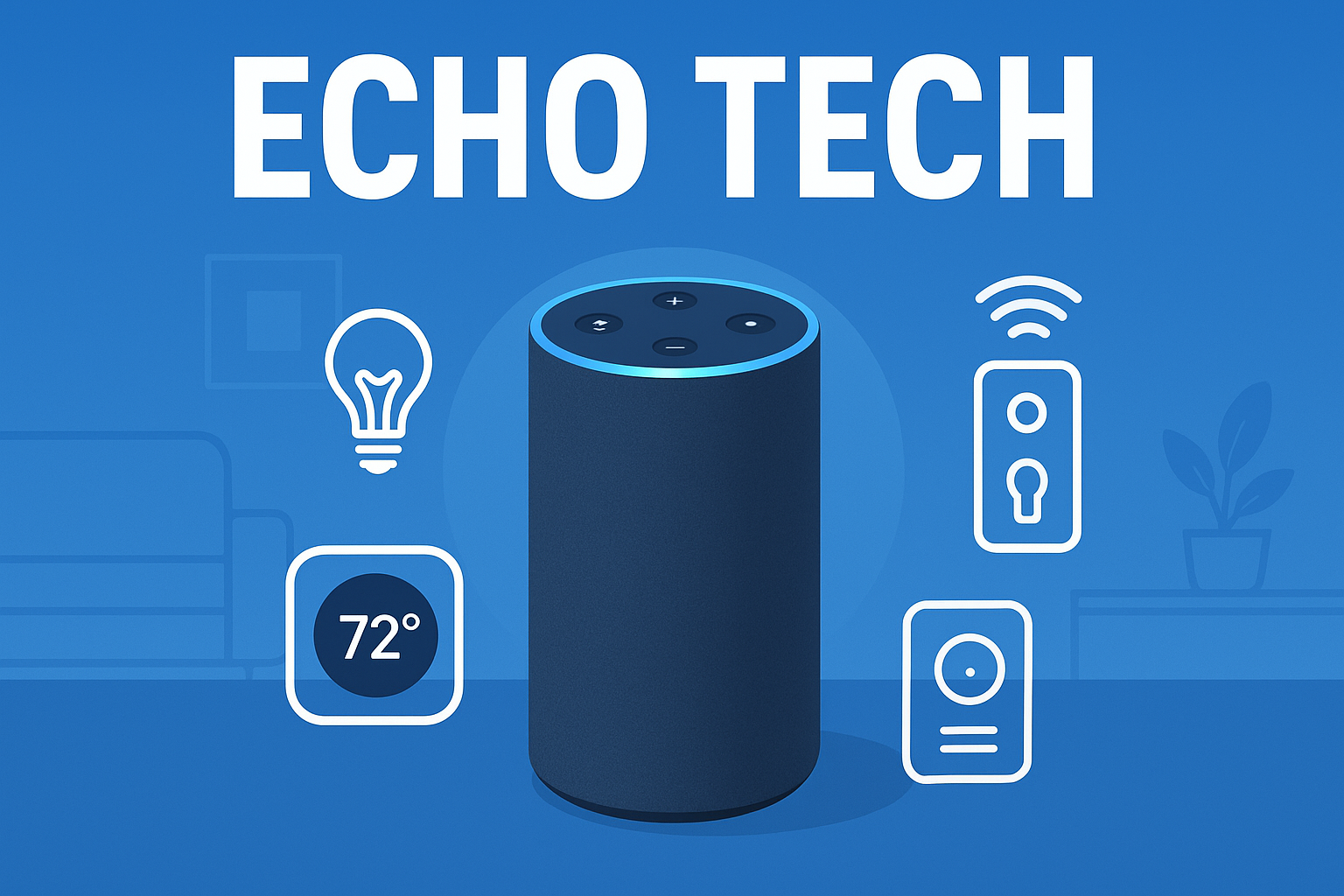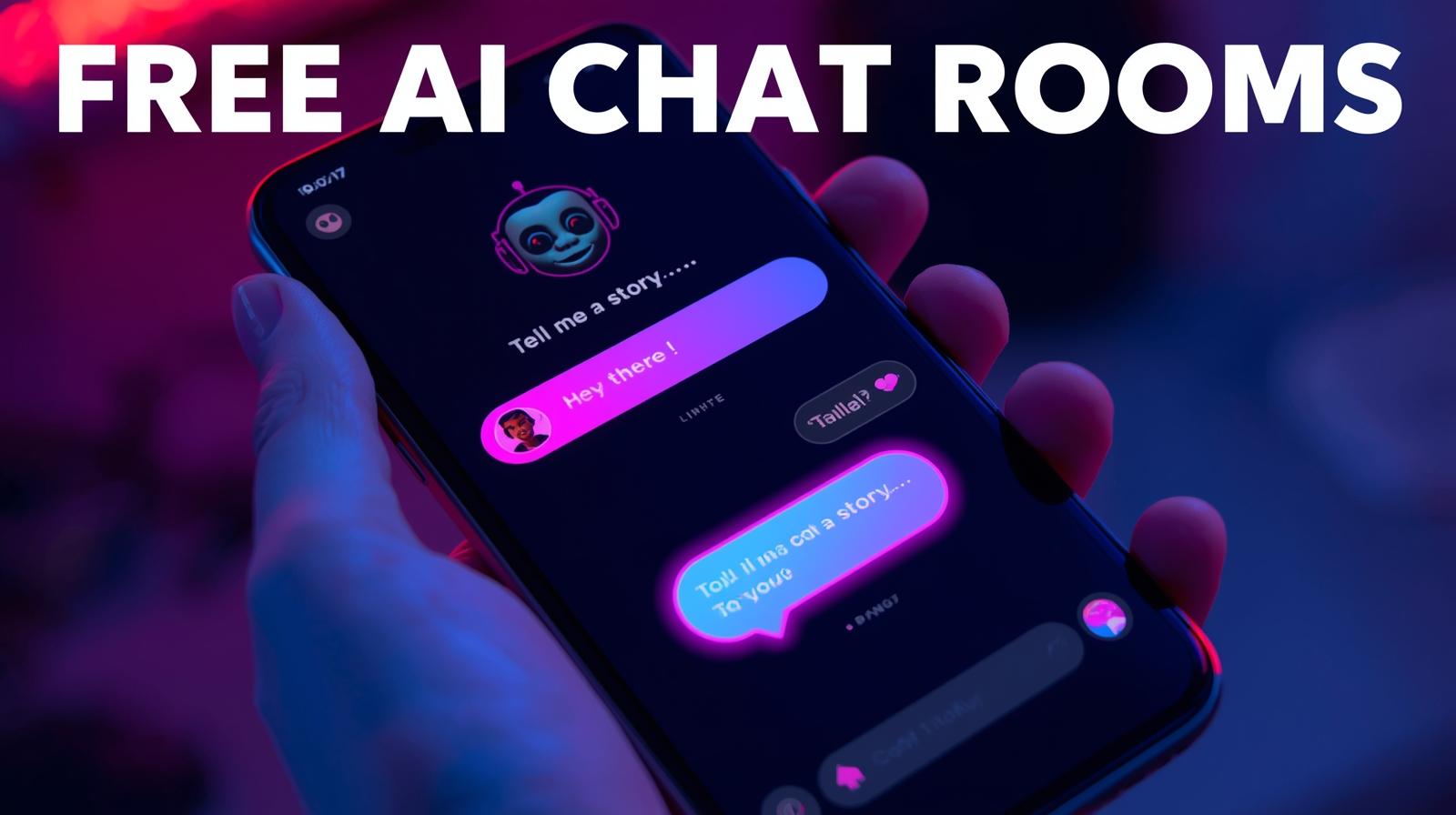From streaming your favorite shows to diagnosing medical conditions, artificial intelligence AI in Everyday Life has quietly woven itself into the fabric of daily life. By 2025, AI is no longer a futuristic concept—it’s a practical tool driving efficiency, personalization, and innovation across industries. This article explores how AI enhances everyday experiences, offering actionable insights into its most impactful applications.

1. Personalized Recommendations: Your Digital Curator
AI algorithms analyze your behavior to deliver hyper-personalized content. Streaming platforms like Netflix and Spotify use machine learning to suggest movies, songs, and podcasts tailored to your preferences413. Similarly, e-commerce giants like Amazon leverage AI to recommend products based on browsing history, creating a seamless shopping experience213. These systems learn continuously, refining suggestions to match evolving tastes.
2. Smart Homes: AI as Your Household Assistant
Voice-activated assistants like Alexa and Google Home manage routines, control IoT devices, and even predict needs. For instance, AI can adjust your thermostat based on weather forecasts or reorder groceries when supplies run low. Wearables like fitness trackers monitor health metrics, offering personalized workout plans and sleep insights.
3. Healthcare Revolution: Early Diagnosis and Remote Care
AI-powered wearables detect irregular heartbeats or blood sugar fluctuations, alerting users to potential health risks. Telemedicine platforms use AI to triage patients, reducing wait times and enabling remote consultations. In diagnostics, tools like Google’s DeepMind analyze medical imaging faster than human radiologists, improving accuracy in detecting conditions like cancer AI in Everyday Life .
4. Smarter Commutes: Navigation and Autonomous Vehicles
Apps like Waze and Google Maps employ AI to optimize routes using real-time traffic data, cutting travel time by up to 20%. Autonomous vehicles, equipped with AI-driven systems like Tesla’s Autopilot, use sensors and predictive analytics to navigate safely, reducing accidents caused by human error.
5. Fraud Detection: Securing Your Finances
Banks deploy AI to monitor transactions for anomalies, flagging suspicious activity like unauthorized purchases. Machine learning models analyze spending patterns, offering proactive fraud prevention. For example, Mastercard’s AI systems save millions annually by blocking fraudulent transactions in real time.
6. Education: Tailored Learning Experiences
AI adapts educational content to individual learning styles. Platforms like Duolingo use NLP (Natural Language Processing) to provide real-time feedback on language pronunciation. Meanwhile, tools like Grammarly enhance writing skills by suggesting grammar and tone improvements.
7. Retail Innovation: From Chatbots to Inventory Management
AI chatbots handle 70% of customer queries, resolving issues instantly and freeing human agents for complex tasks. Retailers like Walmart use AI for demand forecasting, ensuring shelves stay stocked during peak seasons. Virtual try-ons powered by computer vision let shoppers “test” products digitally, boosting confidence in online purchases.
8. Environmental Sustainability: AI for a Greener Planet
AI optimizes energy consumption in smart grids, reducing waste by predicting demand patterns. In agriculture, drones equipped with AI monitor crop health, enabling precision farming techniques that conserve water and pesticides. Companies like IBM use AI to model climate change impacts, aiding policymakers in creating sustainable strategies.
9. Creative Collaboration: AI as Your Co-Writer
Tools like ChatGPT and Jasper assist in drafting emails, generating blog ideas, or even composing music. Adobe’s AI-powered Photoshop features automate tedious edits, allowing designers to focus on creativity.
10. Public Safety: AI in Crime Prevention
Facial recognition systems enhance security in airports and public spaces, though ethical concerns about bias persist. Predictive policing tools analyze crime data to allocate resources efficiently, though their use remains controversial AI in Everyday Life .
FAQs: Addressing Common Questions
Q: Is AI replacing human jobs?
A: While AI automates repetitive tasks, it creates new roles in tech, data analysis, and AI ethics.
Q: How safe is AI in healthcare?
A: AI augments—not replaces—doctors. Rigorous testing ensures tools meet clinical standards.
Q: Can AI be biased?
A: Yes, if trained on skewed data. Ongoing efforts focus on ethical AI development.
The Future of AI: Trends to Watch in 2025
- AI Overviews: Google’s generative answers may dominate search results, prioritizing authoritative sources.
- Voice Search Optimization: Conversational queries demand content tailored to natural language.
- Ethical AI: Transparency in algorithms and data usage will drive public trust.
Conclusion
AI’s role in everyday life is both transformative and inevitable. By understanding its applications—from healthcare to sustainability—we can harness its potential responsibly. As AI evolves, staying informed ensures we adapt to its opportunities and challenges.



